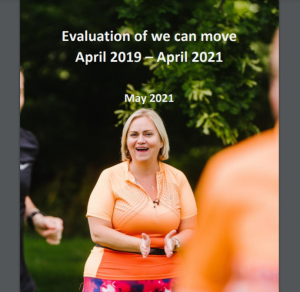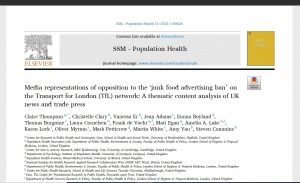Challenging the way we do public health research
15 March 2022
Our research is challenging the way public health research is traditionally done. This includes examining how different types of study are valued by the public and health professionals, and how evidence is used in practice.
The most common method of measuring a medical treatment is a randomised control trial (RCT). However, this type of study can’t allow for the complexity of health at a population level. RCTs can overlook the individual’s needs and society’s influence that can affect our health, such as where we live or how much money we have.
As we reach our half-way point, we are celebrating some of our research that has made an impact. Dr James Nobles is one researcher who’s testing new ways of obtaining an evidence base for public health, particularly in relation to obesity, physical activity and the built environment. He sat down with us to explain how. As James explains in the interview:
“There’s a need in public health to ensure the spending of public money is evidence based, and if we have a skew within the evidence base then that fundamentally impacts the types of interventions that are commissioned by public health teams.
“What our research does is to demonstrate how we’re stuck in a feedback loop. The research funding structures privilege randomised controlled trials, so we end up doing more research that uses these designs, all of which points towards – largely – interventions that are focused on individuals. That feeds into policy and action. It’s perpetuating itself all the time, even though we know [factors influencing physical activity and obesity] are much broader. Our research is looking at how we might break that feedback loop.”
Listen to find out more:
Paper

Additional papers
